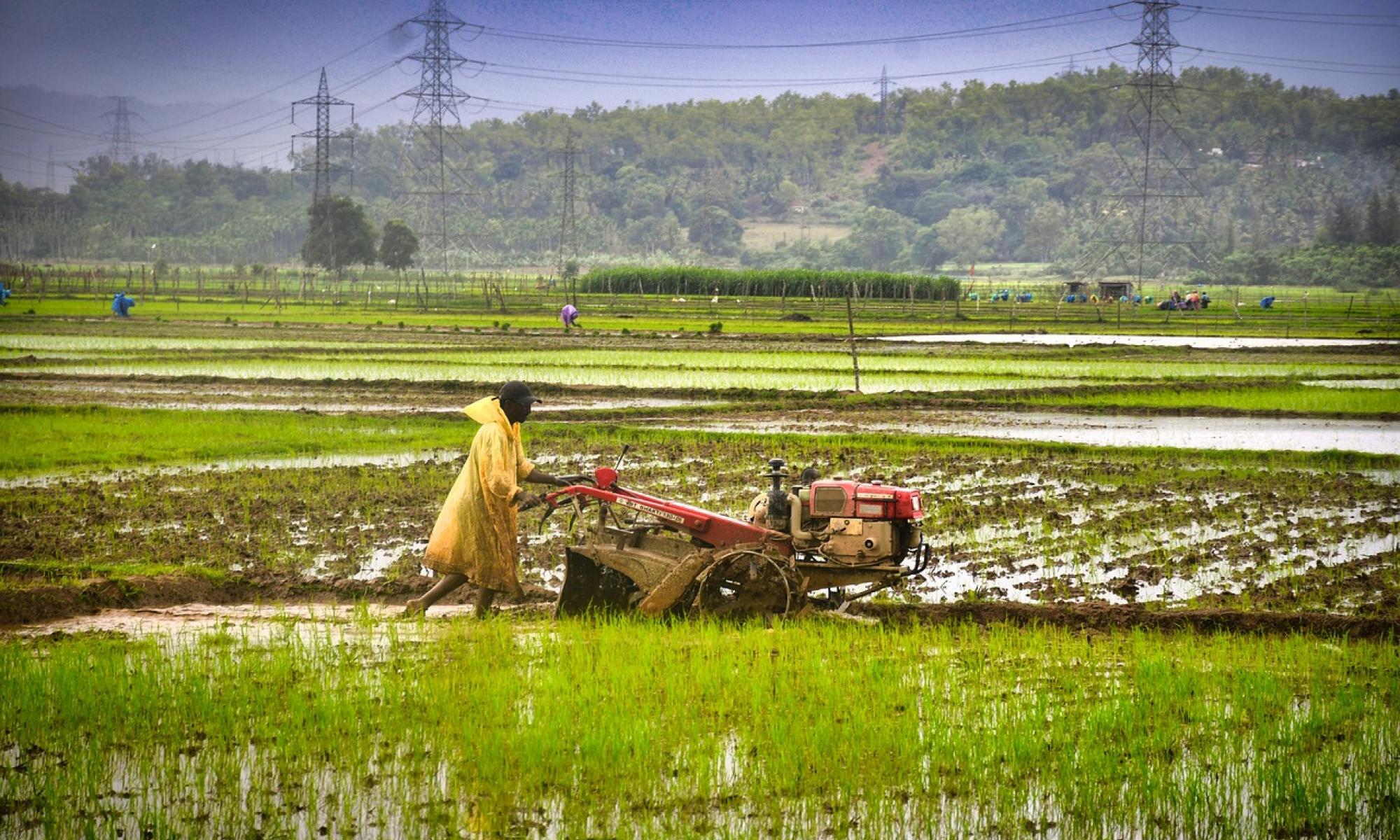
PIPELINE BUILDING FOR SCALE
Exploring and adapting evidence in select sectors to interventions which are scalable with low-touch support
ASPIRE aims to utilize insights from J-PAL’s global base of evidence to identify interventions which are:
- Supported by consistent, positive results across multiple studies
- Require considerably low-touch efforts by governments and NGO partners to integrate within existing programs
- Require comparably low-touch support from the ASPIRE compared to full- scale projects
Based on consultations with researchers, ecosystem partners, and government stakeholders, ASPIRE will diagnose the strength of these interventions against detailed criteria based on evidence-based interventions by considering evidence rigor, scalability potential, partner readiness and ASPIRE’s mission alignment.
After an analysis of existing evidence and field visits to understand grassroots implementation, operational insights will be distilled into knowledge products such as toolkits or recommendations to improve an existing government schemes and policies. These outputs will then be shared with governments and other stakeholders for implementation with low-touch support from ASPIRE.
Our approach
The following interventions across five sectors have been considered for low-touch scaling
Point of contact

Namitha Sadanand
Senior Policy and Training Manager, J-PAL South Asia
[email protected]
Namitha Sadanand is a Senior Policy and Training Manager at J-PAL South Asia, where she supports efforts to promote evidence-based policymaking as well as build capacity for monitoring and evaluation in the region.


